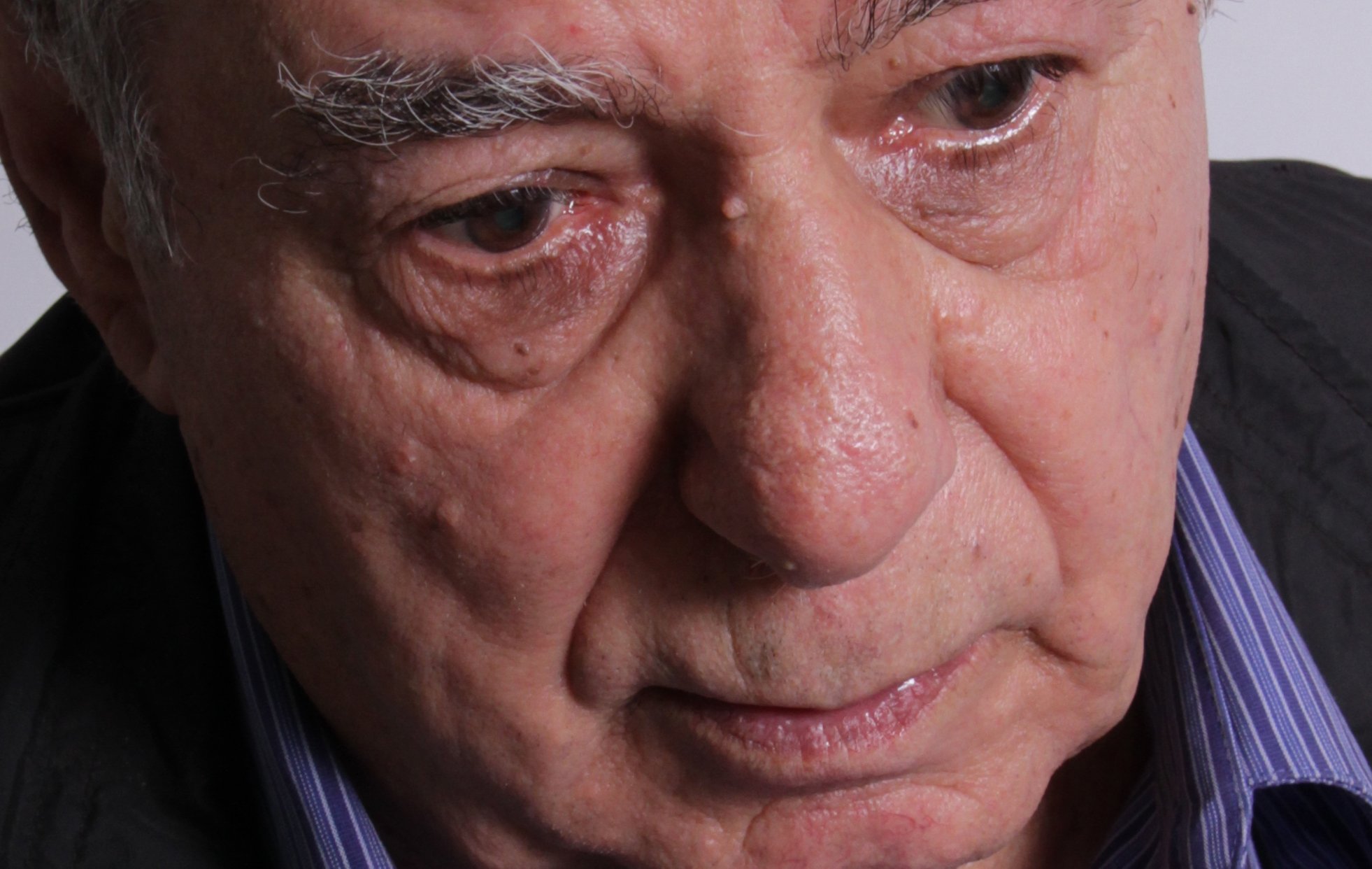Azerbaijan: End harassment campaign against Akram Aylisli
Akram Aylisi - Private
30 March 2021 – The Azerbaijani authorities must immediately drop trumped-up charges against writer and playwright Akram Aylisli, PEN International said today. Eighty-three-year-old Akram Aylisli has been subject to a years-long campaign of harassment that notably prevents him from leaving the country.
Akram Aylisli was a popular writer in Azerbaijan, until the publication of his novel Stone Dreams in 2012 saw him become the target of the authorities. He was detained on 30 March 2016 at Heydar Aliyev airport in Azerbaijan’s capital Baku, as he prepared to travel to Italy where he was due to speak at a literary festival. He was accused of creating a public disturbance and assaulting a border official, which he denies. Shortly after being detained, Aylisli signed a document compelling him to remain in Baku. His identity documents were confiscated as part of the investigation, thus denying his civil rights, and creating many domestic hurdles.
Aylisli is charged with resisting the authorities with violence under Article 315.1 of the Criminal Code. Five years on from the time of the alleged incident, he is yet to be tried. He risks up to three years in prison if convicted.
‘For years, Akram Aylisli has faced harassment by the Azerbaijani authorities in connection with his writings. Five years ago today, his life was turned upside down. To this day, this acclaimed writer, an 83-year-old man who is reportedly in poor health and under constant psychological pressure, remains subject to a travel ban. The Azerbaijani authorities must immediately end their longstanding intimidation campaign and drop all baseless charges against Aylisli once and for all’, said Salil Tripathi, Chair of PEN International’s Writers in Prison Committee.
Additional information
Akram Aylisli is one of Azerbaijan’s most prominent writer, having been awarded the official title of People’s Writer, as well as two of the highest state awards, the Shokrat and Istiglal medals.
Following the publication of his novel Stone Dreams, in 2012, which tackled the issue of Azerbaijani-Armenian relations and included depictions of pogroms allegedly carried out by Azerbaijanis against Armenians in 1990, Aylisli was stripped of his People’s Writer title and his presidential pension. His books were burnt in public and a politician from a pro-government party offered a US$13,000 reward to anyone who cut off one of his ears. His wife and son were both dismissed from their jobs. He was branded an apostate, expelled from the Union of Azerbaijani Writers while people organised rallies against him. His books were withdrawn from school curriculum and his plays were banned. At the same time, members of the Azerbaijani parliament discussed whether he should be expelled from Azerbaijan and his citizenship revoked, as well as whether he should undergo a DNA test to see if he is ethnically Armenian.
For the past five years, Aylisli has been unable to attend scores of cultural and literary events and to promote his books. He was nominated for the Nobel Peace Prize in 2014.
Old patterns of persecution continue in Azerbaijan, with critical voices facing an array of challenges, including threats, surveillance, politically motivated arrests on spurious charges, extended pre-trial detentions and custodial sentences. Violent clashes between Azerbaijani and Armenian forces in the Nagorno-Karabakh region in September 2020 saw several journalists injured and a string of reporting restrictions on both sides, including lack of access to the territory and censorship.
For more information about PEN International’s campaign in support of Akram Aylisli and about the state of freedom of expression in Azerbaijan please click here.
For further details contact Aurélia Dondo at PEN International, Koops Mill, 162-164 Abbey Street, London, SE1 2AN, UK Tel: +44 (0) 20 7405 0338 Fax +44 (0) 20 7405 0339 e-mail: [email protected]

